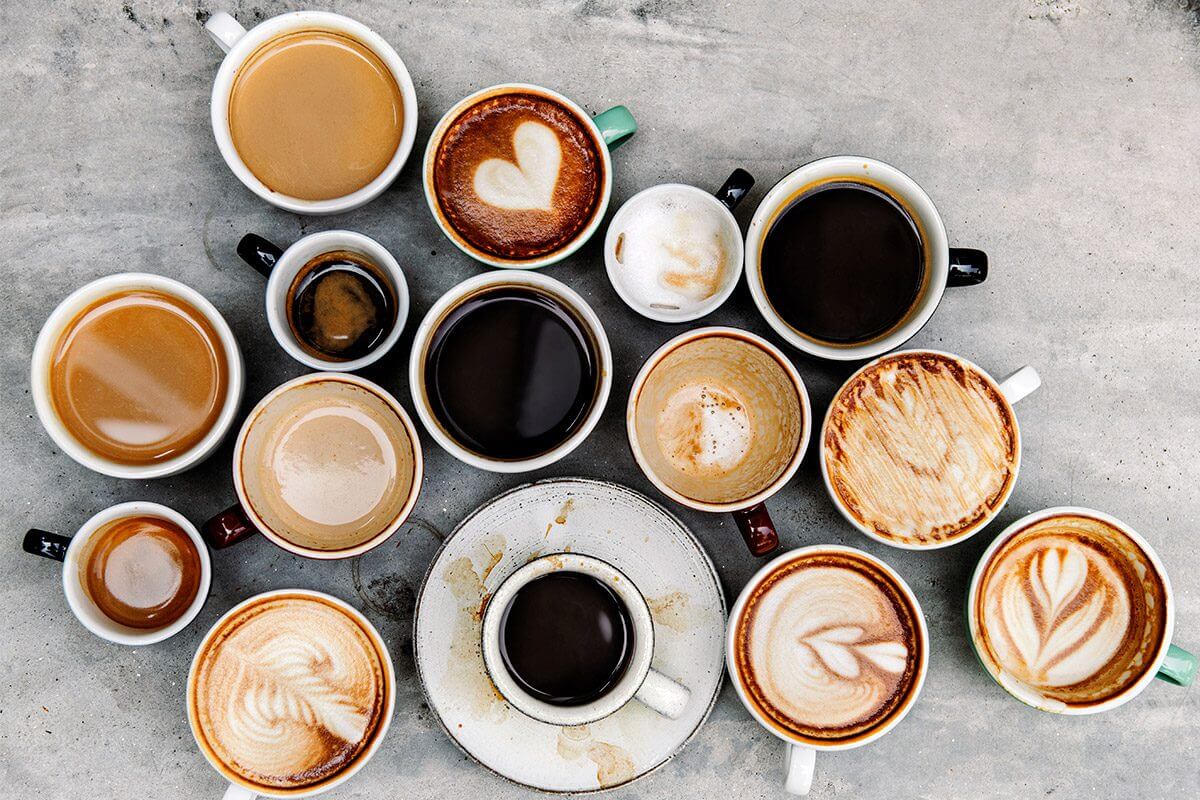Coffee is more than just a morning pick-me-up. It’s a luxury, a cultural asset, and for many, an integral part of everyday life. But have you ever wondered about the journey the coffee bean takes before it ends up in your cup? And why it’s so important to know your roaster?
The journey begins on the coffee farm, where the coffee cherries are harvested. The beans are then processed – a crucial step that significantly influences the taste of the coffee. There are various processing methods, such as washed, natural, or honey processing, each with its own characteristics.
After processing, the green coffee beans are roasted. This is where the full aroma of the coffee unfolds. The roast master decides on the roasting profile, which shapes the taste from light and fruity to dark and strong.
And then comes the moment when you prepare your coffee. Whether filter coffee, espresso, French press, or cold brew – each method extracts different aromas from the beans.
Here’s a brief overview of common brewing methods:
- Filter Coffee: A classic that convinces with its clear and aromatic result.
- Espresso: Concentrated coffee with crema, the basis for many coffee specialties.
- French Press: Full body and intense aromas due to extraction in direct contact with the water.
- Cold Brew: Gently extracted coffee with low acidity, ideal for summer.
But what does all this have to do with the roaster? Quite a lot!
- Quality and Transparency: A good roaster carefully selects their coffee beans and values quality and sustainability. They know the origin of their beans and can tell you exactly where they come from and how they were grown.
- Fair Trade: Through direct contact with the coffee farmers or sourcing through fair trade organizations, it is ensured that the coffee farmers are paid fairly for their work.
- Freshness and Aroma: Freshly roasted coffee simply tastes better. A good roaster roasts their beans gently and in small batches to preserve the full aroma.
- Advice and Expertise: Your roaster is your coffee expert. They can advise you on which beans and brewing methods best suit your taste.
By knowing your roaster and paying attention to fairly traded products, you are not only doing something good for yourself but also for the coffee farmers and the environment. You support sustainable farming methods and contribute to ensuring that coffee cultivation is still possible in the future.
So, it’s more than just brown water that ends up in your cup. It’s the result of a long journey, many hands, and a great passion for coffee. And with the right choice of your roaster, you can experience this journey even more consciously and enjoyably.
